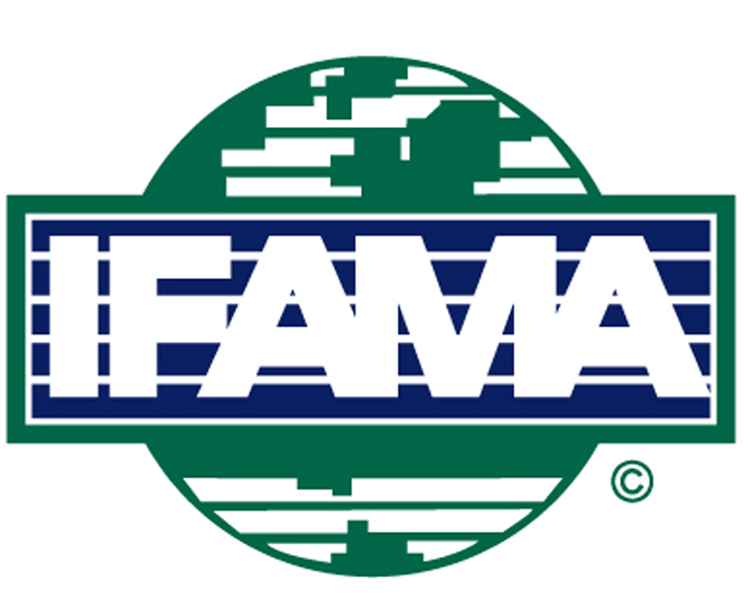Focal point
Location
IFAMA is dedicated to the mission of enabling the global agribusiness community to provide adequate and nutritious food to the world by creating connections between academics,students, agribusiness, and other organizations to solve the critical management issues that face the industry today and in the future. IFAMA strategy is focused on three pillars:
Foster Agribusiness Talent
Identify, nurture and develop the next generation of professionals in agribusiness, and provide structured opportunities for industry to identify and recruit the most- talented candidates for careers in agribusiness management.
Provide thought leadership on the management of agribusiness
Generate leading edge research and insight to provide thought leadership to the agribusiness community, while ensuring curricula and research are focused on critical issues facing the industry today and in the future.
Connect Academia, Government, & Industry
Bring together current and future business, academic, and government leaders along with other industry stakeholders to improve the strategic focus, transparency, sustainability, and responsiveness of the global food and agribusiness system.
Members:
Resources
Displaying 1 - 4 of 4Academic Perspectives on Agribusiness: An International Survey
The IFAMR is published by (IFAMA) the International Food and Agribusiness Management Review. www.ifama.org
The Impact of Ethanol Production on Spatial Grain Market Relationships
Using cointegration theory, grain markets in Michigan, Kansas, Iowa and Indiana were examined to determine if increased ethanol production affected spatial corn price relationships in these states from 1998 through 2008. It was determined that corn prices operated in a stable, long-run equilibrium from 1998 through 2008 and increased ethanol production did not have an effect on this relationship. These findings suggest policy boosting ethanol production has not altered relationships between spatially dispersed corn markets.
Performance of Smallholder Agriculture Under Limited Mechanization and the Fast Track Land Reform Program in Zimbabwe
The Zimbabwean government has long been committed to expansion of agricultural production through mechanization and pursued this goal under the unpopular fast track land reform program (FTLRP). The acquisition and use of tractors by arable crop farmers in communal and resettlement state land were encouraged. This research examines the performance of the program in the Bindura District. Ninety farmers were interviewed using a multistage sampling technique of structured questionnaires to collect data on demographic background, investment levels and production in terms of costs and returns.
Management System for Harvest Scheduling: The Case of Horticultural Production in Southeast Spain
This article analyzes the programming of farm production, understood not only as the choice among several crops, but also as their temporal distribution. The empirical study takes as a reference the horticultural sector in southeast Spain, since this area constitutes the highest concentration of small-scale farm production in Europe, where the climatic conditions allow the possibility of several harvests in year-round production, as well as several alternative crops.


